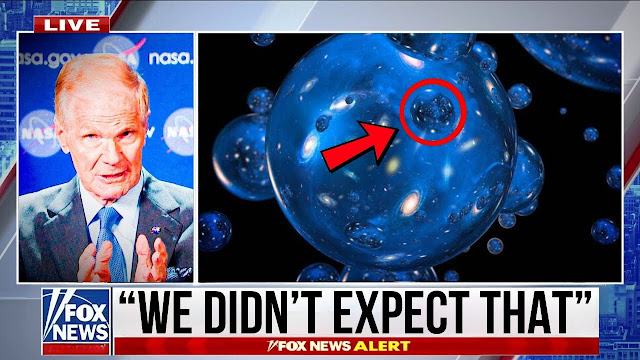The James Webb Space Telescope (JWST), humanity’s most advanced tool for peering into the depths of the cosmos, is rewriting the story of our universe. Recent discoveries made by the JWST have sparked heated debates among scientists, with some arguing that the telescope’s findings challenge the cornerstone of modern cosmology: the Big Bang theory. Could everything we thought we knew about the universe be wrong?
What Is the Big Bang Theory?
The Big Bang theory has been the dominant model explaining the origin of the universe for nearly a century. It posits that the universe began approximately 13.8 billion years ago from an infinitely dense point, expanding rapidly in a phenomenon known as inflation. This theory is supported by key observations, such as the cosmic microwave background radiation and the redshift of distant galaxies.
However, the data coming from JWST might suggest a different narrative.
What Did JWST Find?
Since its deployment, the JWST has captured some of the most detailed images of the universe ever seen. Among its findings are galaxies that appear far too massive, too developed, and too organized to have formed so soon after the Big Bang.
Early Galaxies That Shouldn’t Exist
The JWST has observed galaxies existing just 200–400 million years after the supposed Big Bang. These galaxies not only exist but are massive and contain mature features like spiral structures and well-formed clusters of stars—characteristics thought to require billions of years to develop.
Unexpected Chemical Signatures
Spectroscopic analysis of these early galaxies shows a surprising abundance of heavy elements, such as oxygen and carbon. According to the Big Bang model, these elements should have formed much later through nuclear fusion in stars and subsequent supernova explosions.
The “Dark Age” Problem
The JWST’s images seem to show that the so-called "cosmic dark age," the period when the universe was too hot and dense for light to escape, might not have lasted as long as previously thought—or might not have existed at all.
Does This Mean the Big Bang Is Wrong?
While the Big Bang theory has long been supported by substantial evidence, these new findings suggest that it might be incomplete. Scientists are now grappling with several possibilities:
Alternative Models
Some astrophysicists propose that the universe could be cyclic, with periods of expansion and contraction. Others suggest that our universe might have been seeded by a "parent" universe in a multiverse scenario.
Flawed Assumptions
The discoveries may indicate gaps in our understanding of how galaxies form and evolve. For example, the processes of star formation and element creation might occur much faster than current models predict.
A Different Origin Story
Some radical theories suggest that the universe might not have started with a singular event but rather emerged from a pre-existing state.
The Scientific Community Reacts
These revelations have sent shockwaves through the scientific community. Many researchers are calling for a reassessment of cosmological models. Nobel laureate Dr. James Peebles, one of the pioneers of modern cosmology, has remarked that “science thrives on doubt,” emphasizing that these findings present an opportunity for progress rather than a crisis.
Others, however, are more cautious. They stress that more data and analysis are needed before dismissing the Big Bang theory entirely. The JWST is still in its early stages of operation, and the story it tells is far from complete.
The Road Ahead
As the James Webb Space Telescope continues its mission, it will undoubtedly uncover more data that challenges our understanding of the universe. Whether the Big Bang theory will be revised, replaced, or reaffirmed remains to be seen.
What is clear, however, is that we are living in an unprecedented era of discovery. The universe is far more complex and mysterious than we ever imagined—and the James Webb Telescope is just beginning to reveal its secrets.
Conclusion
The James Webb Telescope’s groundbreaking discoveries
have reignited fundamental questions about the nature of the universe. While
it’s too early to declare the Big Bang theory invalid, the evidence challenges
us to expand our horizons and consider new possibilities. Science is not
static, and with tools like JWST, humanity is poised to uncover answers to some
of the most profound questions about our existence.





1 Comments
Big Bang is pure insanity. Our God, creator of all, gets the credit. Nothing but that ever made any sense to me. And I am turning 76 in a few days. Yes, I have been around a very long time. Jesus lives.
ReplyDelete